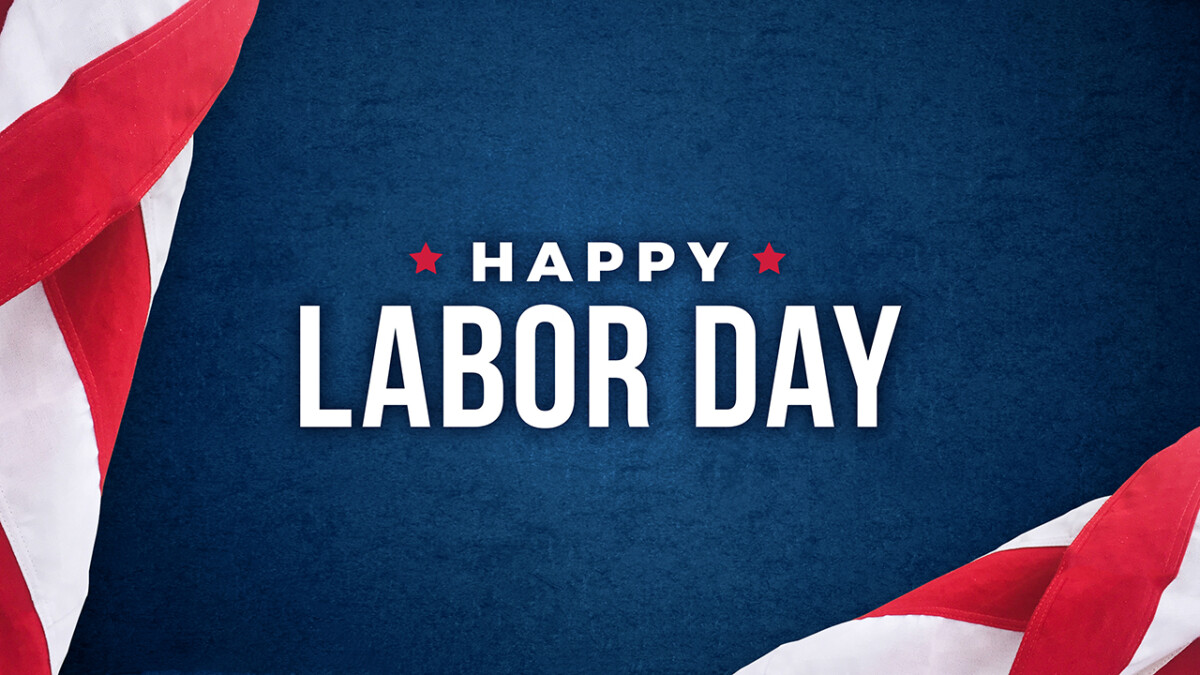As summer ends and Labor Day weekend quickly approaches, Burn and Reconstructive Centers of America (BRCA) is pleased to offer some helpful tips to help you and your family have a safe and fun holiday weekend.
Whether setting up your grill or making plans to hit the water, here are some guidelines that can help you and your family have a safe Labor Day weekend.
SUN SAFETY
You can’t talk about Labor Day weekend safety tips without talking about sunburns. Always use sunscreen when planning to spend time outdoors and apply sunscreen at least 30 minutes before going out in the sun. If you are getting in the water or sweating a lot, you will need to reapply sunscreen regularly throughout the day.
Most people think that an overcast day means they don’t need to worry about sunburn, but you can still get a sunburn on cloudy days! Since children have thinner skin, they are more at risk for burns. It’s important to use sunscreen and keep children under one year out of the direct sunlight.
Sunburn isn’t the only thing to watch out for when spending time outdoors! Dehydration is the number one concern when it comes to sun poisoning, along with infection, increased risk of skin cancer and severe sunburn. Make sure to stay hydrated to help prevent sun poisoning, heat cramps, heat exhaustion or heat stroke.
To learn more about radiation burns, click here.
For more information about sun poisoning, click here.
Worried about water blisters from sunburns? Read more here.
To learn more about how long sunburns can last, click here.
GRILLING SAFETY
Fires and burn injuries are the most common hazards associated with grilling. Whether campsite barbecuing or at-home grilling, accident prevention should be a priority for everyone involved. By following these guidelines, you can help prevent injuries for a safe Labor Day weekend.
Create a safe, well-ventilated area for the grill that includes a no-kid zone. You should start by always keeping your grill at least 10 feet away from your house, bushes or other flammable materials and enforce a three-foot boundary surrounding the grill as a designated no-kid zone.
Remember to check for leaks before lighting your grill. You can easily find leaks by spraying soapy water on gas line connections and checking for bubbles. If you see any water bubbles, there is a leak. You should never use a match to check for leaks in your gas line.
When lighting your grill, never use an accelerant like gasoline. That rule applies when lighting a bonfire, campfire or any debris pile. If using lighter fluid, be careful and do not add any lighter fluid to an already lit fire, as the flames can flash back into the container and cause it to explode. Trapped gas or fumes in a grill can cause an explosion, so you should never light a gas grill with the lid closed.
Another thing to keep in mind this Labor Day weekend is your attire while cooking. You should always wear short sleeves and never grill or cook in loose, flowy shirts, jackets or other items. Using cooking and grilling utensils with long handles can help prevent injuries by helping maintain a distance between the cook and hot surfaces.
As your Labor Day cookout ends, ensure you follow proper guidelines to turn off, put out, clean or dispose of any cooking/grilling tools used. If using a gas grill, always turn off the propane tank valve when not in use. If using a coal grill, dispose of hot coals properly: Soak with water, then stir and soak again to make sure the fire is out.
To learn more about charcoal and gas grill safety, click here.
For more information on burn care and how to cover a burn, click here.
WATER SAFETY
Long weekends are a great opportunity to enjoy time with friends and family. You can help prevent injuries by following these Labor Day safety tips.
If you’re planning on boating or other water activities, make sure everyone wears a life jacket. Consider also wearing a life jacket if you are on a dock or in other areas of risk, and only swim within designated swimming areas marked by ropes or buoys.
When swimming, always keep your group informed of your whereabouts and create a swimming buddy system so you can keep tabs on each other. Other things to keep an eye on while swimming or spending time in the water include:
- The weather: Keep an eye on the weather before getting in and while spending time in the water. Be sure to exit the water if a storm or lightning is approaching.
- Currents: Watch for quick-moving water impacting your swimming or paddling skills.
- Younger children: Keep an eye on children near water and teach them to always ask permission before going near or in the water.
To read more about boating safety, click here.
To learn more about jellyfish stings, click here.
For more information about BRCA’s services, physicians and locations, please visit www.burncenters.com or call (855) 863-9595.
